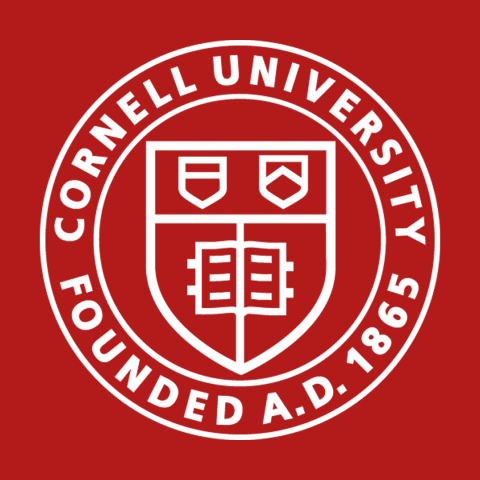A Wildly Successful Weekend: Recapping the 2025 Special Species Symposium at Cornell


From March 28 to 30, veterinary students, clinicians, and wildlife enthusiasts gathered at Cornell University College of Veterinary Medicine for the 2025 Special Species Symposium—a weekend of discovery, hands-on learning, and connection. Hosted by the Zoo and Wildlife Society (ZAWS), this entirely student-run conference brought together passionate minds from across the U.S. and Canada to explore topics in zoo, wildlife, exotic, and conservation medicine.
A Warm Welcome
The weekend began on a welcoming note Friday evening with a networking reception. Students and professionals mingled over hors d’oeuvres, sharing their goals, inspirations, and favorite species—a prelude to the collaborative spirit that defined the days ahead.
Saturday morning launched into full swing with opening remarks by student coordinators and ZAWS leadership, setting the tone for an event filled with curiosity and care for animals beyond the typical clinical scope. Dr. Marcy Uhart of the UC Davis One Health Institute, a Cornell K. Lisa Yang Center for Wildlife Health Inaugural Speaker, presented a sobering but timely overview of highly pathogenic avian influenza as a growing conservation crisis.
As the day unfolded, attendees rotated between lecture halls and labs, taking in expert insights on marine mammal care, porcupine disease in the Northeast, rhinoceros medicine, reptile behavior in captivity, and fish health in managed care. Each talk sparked meaningful dialogue about the complexity of treating non-domesticated species—creatures whose care requires practitioners to integrate ecology, public health, and ethics.
Hands-On Experience: Immersive Labs in Wildlife Medicine
After lunch, participants took their learning further with immersive labs. From avian handling and wildlife necropsy to turtle shell repair, outbreak investigations, and exotic animal pathology, students experienced the kind of practical training that’s hard to come by in a traditional curriculum. These small-group workshops allowed for hands-on skill-building with direct mentorship from clinicians across specialties.

The marine mammal necropsy lab was a highlight for Alyssa Miguez, a second-year DVM student and president of Cornell’s World Aquatic Veterinary Medical Association (WAVMA) chapter. “We had wildlife vets, pathologists, and anatomists teach us everything about marine mammals,” Alyssa said. With a special interest in wildlife reproduction, Alyssa was especially excited to see a perfectly preserved seal fetus.
Katie-Ann Fu, one of the Special Species co-chairs, said a highlight was a different necropsy lab, the Wildlife Comparative Necropsy Lab. “I particularly enjoyed the Wildlife Comparative Necropsy Lab as we walked through step-by-step with the pathologists in how to conduct necropsies and collect samples in different wildlife species,” she said.
An Evening Keynote: Collaboration in Conservation
The day concluded with an inspiring keynote from Dr. Natalie Mylniczenko of Disney’s Animals, Science, and Environment team. Her talk, “It Takes a Village: A Story of Grauer’s Gorillas,” offered a glimpse into the collaborative efforts behind global species conservation and reminded attendees of the importance of interdisciplinary teamwork.
Sunday’s sessions continued the momentum, beginning with lectures on wild mammal pathology, avian ophthalmology, and case-based discussions of herpetological and exotic species care. Dr. Noha Abou-Madi took attendees on “A Journey Through the Lives of Carnivores,” weaving together behavioral ecology and clinical medicine, while Dr. Shane Boylan from the Georgia Sea Turtle Center highlighted advances in sea turtle rehabilitation.
The day wrapped up with another round of small-group labs, including alpaca castration, comparative parasitology, rehab techniques for non-traditional species, and a mock disease outbreak. As participants trickled out of the final reception, the energy in the room reflected both fulfillment and excitement for the future.
The 2025 Special Species Symposium was more than a conference—it was a celebration of the breadth of veterinary medicine and a reminder that the future of animal health lies in our willingness to think beyond the barn and clinic. For those who attended, it was a weekend of inspiration, hands-on experience, and deepened commitment to the well-being of all species—big, small, wild, and wonderful.


